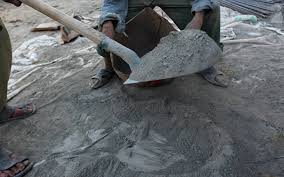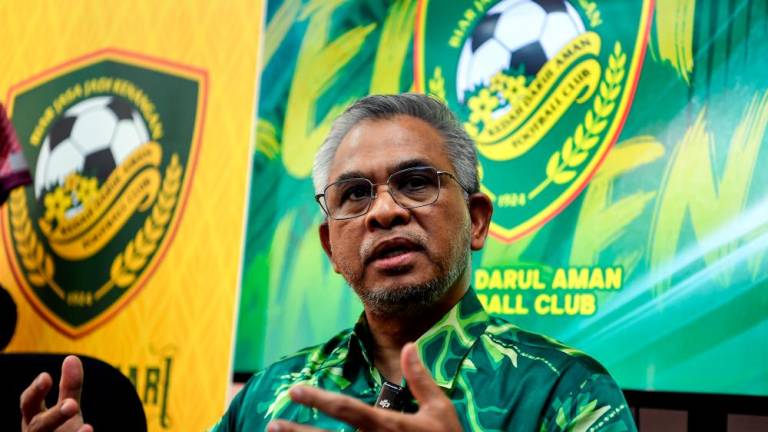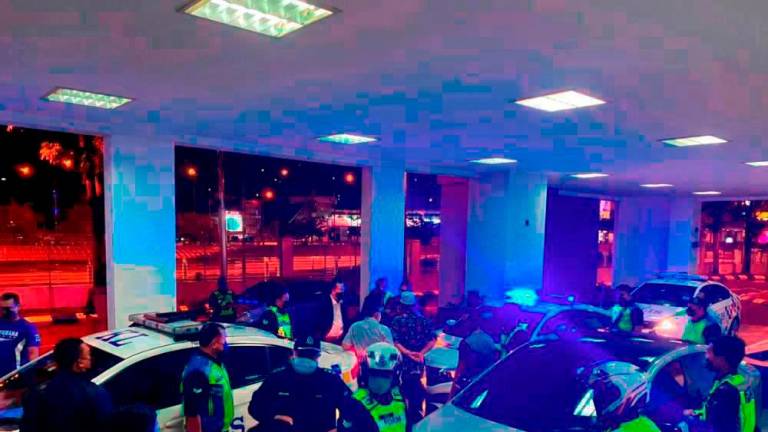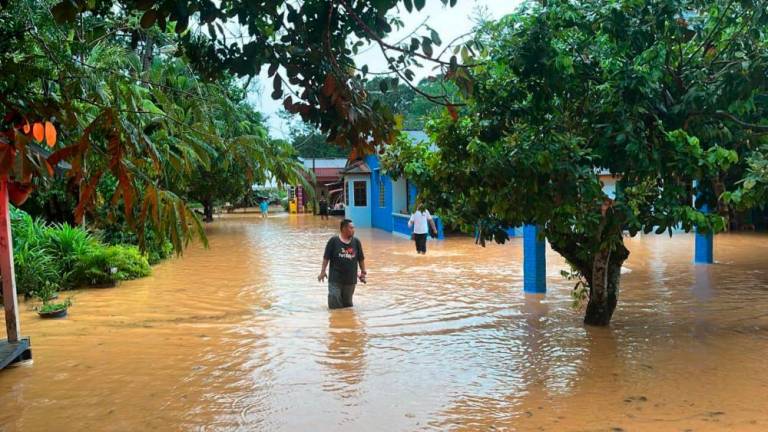PETALING JAYA: A cement maker in Kuching has blamed the price war in Peninsular Malaysia for the difference in the prices of the item in the state and the peninsula.
CMS Cement Industries (CMSCI) in welcoming Finance Minister Lim Guan Eng’s call to probe the difference in cement prices said it was purely due to the recent aggressive price war which led to industry mergers and acquisitions in Peninsular Malaysia.
“An enquiry of this nature will also serve to show once and for all that Sarawak is not and never has been a cement monopoly,” CMSI CEO Suhadi Sulaiman said.
“Other industry players are welcome to set-up shop but choose not to venture into Sarawak because the initial start-up costs for development of infrastructure and haulage make it non-viable. CMSCI has been able to offset and spread these operations costs year-in-year-out by being in operation for over 40 years.”
He said CMSCI has not raised its prices since January 2016 and yet it has improved our supply, distribution and logistics efficiencies.
“We reaffirm as per our statement last week, CMSCI has no plans to increase our prices any time soon,” Suhadi added.
Lim said the federal government is probing the possible existence of monopoly in the cement industry in Sarawak. He said this was in view of the “markedly higher cement prices” in the Borneo state as compared to those in Peninsular Malaysia.
“(This) should be further examined to determine whether it is caused by monopolistic practices of local industry players in Sarawak,” he said.
Meanwhile, Sarawak’s Deputy Chief Minister Tan Sri Dr James Jemut Masing has admitted that the cement prices in Sarawak is higher as compared with Peninsular Malaysia.
Masing, who is Infrastructure Development Minister, said there were a few factors which contributed to the prices of cement in the state.
Among the factors which influenced the prices of cement in the state were the raw materials used to manufacture cement, he said.
Masing said a raw material known as gypsum had to be imported from countries such as Thailand, as the soft sulfate mineral was not found in the state.
“We have raw materials such as limestone and clinker in Sarawak.
However, we had to import gypsum and we have to bear with the expensive logistic costs of importing the raw material into the state,” he was quoted by The Borneo Post as saying.
Since gypsum is imported from Thailand, Masing said the price of the raw material is controlled by the country.
He said another factor as to why the cement prices were cheaper in Peninsular Malaysia was the cost to transport gypsum to Sarawak was much higher as compared with the peninsula.
“Thailand is much closer to Peninsular Malaysia, which is why it is cheaper for them to import gypsum. We, on the other hand, had to pay more to transport it here to the state,” he added.
by Eddie Hoo
newsdesk@thesundaily.com













